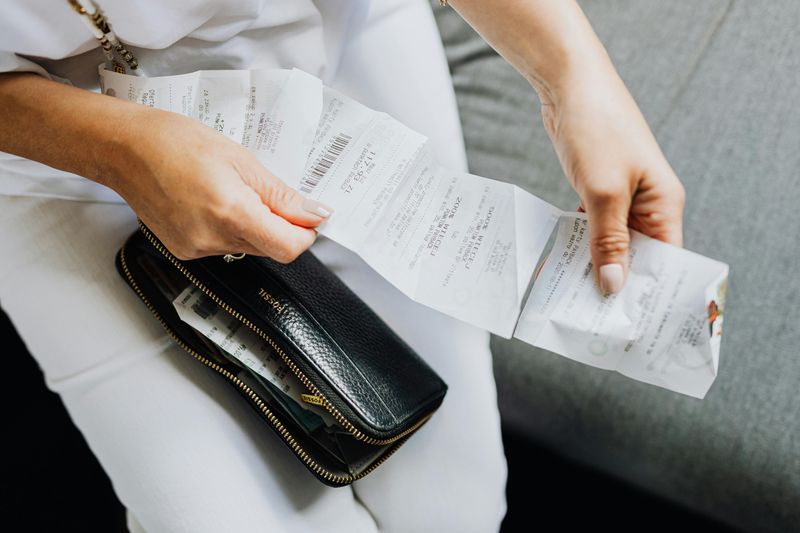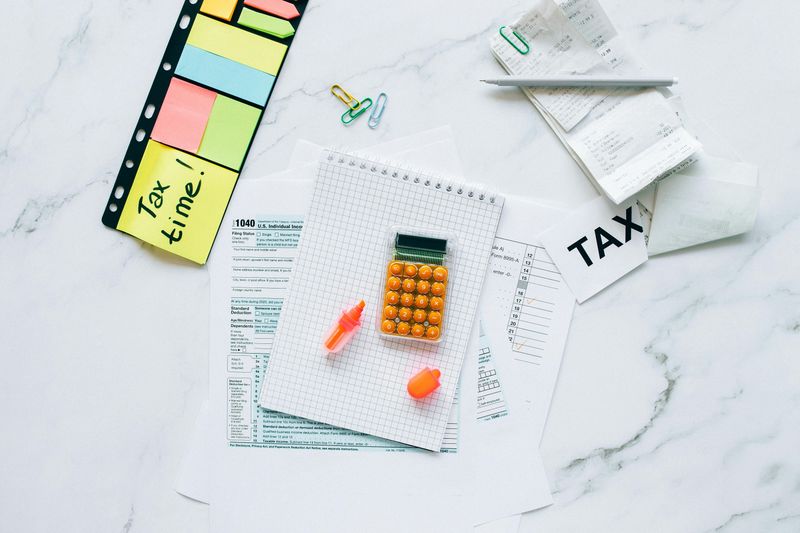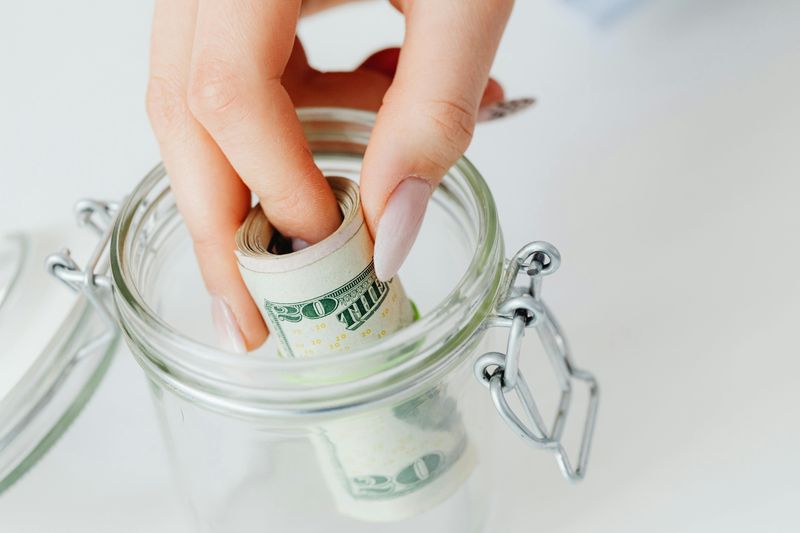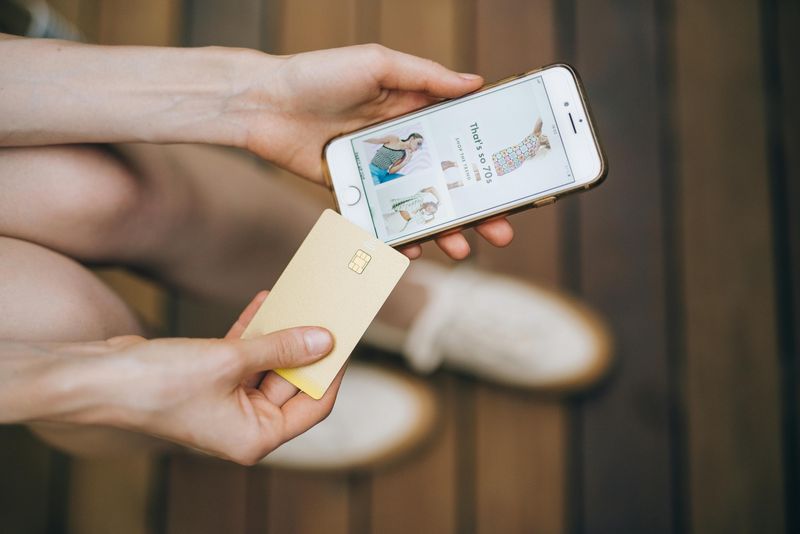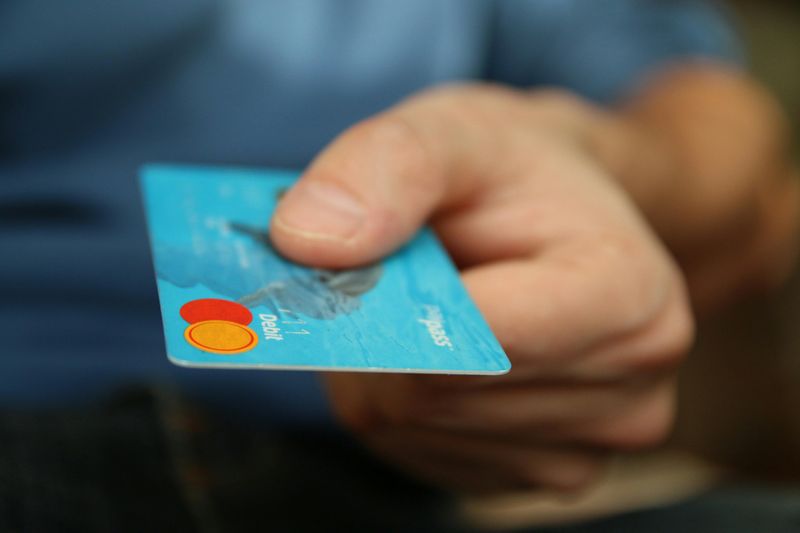Money worries keep many of us up at night. The good news is that simple changes to how you handle your finances can make a huge difference in your stress levels. By building these ten easy money habits into your daily life, you’ll feel more in control and less worried about your financial future.
1. Track Every Dollar You Spend
Writing down all your expenses creates awareness that naturally improves spending habits. Most people are shocked when they see where their money actually goes each month.
You don’t need fancy apps or complicated spreadsheets to get started. A simple notebook works perfectly fine. The key is consistency – record everything from your morning coffee to your monthly bills.
After just two weeks of tracking, patterns emerge that highlight unnecessary spending. This knowledge gives you power and immediately reduces anxiety because you’re facing financial reality rather than avoiding it.
2. Create a Realistic Budget You’ll Actually Follow
Many budgets fail because they’re too strict or complicated. Start with your actual spending habits (from your tracking) and make small, manageable adjustments.
The 50/30/20 rule works well for beginners: 50% for needs like housing and food, 30% for wants like entertainment, and 20% for savings and debt payments. Remember that a budget is a living document that changes as your life does.
Success comes from flexibility and forgiveness. If you mess up one month, simply adjust and move forward. The structure itself creates peace of mind because you’ve set boundaries for your money.
3. Build an Emergency Fund First
Nothing reduces financial stress faster than knowing you can handle unexpected expenses. Even a small emergency fund of $500-$1000 can prevent many financial disasters.
Start by saving just $25 each week – that’s less than $4 per day. Within six months, you’ll have over $600 saved. Keep this money completely separate from your checking account, preferably in a high-yield savings account where it can grow slowly.
Having this financial buffer changes how you feel about money daily. The security of knowing you won’t need credit cards for every surprise expense brings immediate emotional relief.
4. Pay Bills Immediately When You Get Paid
Bill anxiety disappears when you handle obligations first thing. As soon as your paycheck arrives, pay all bills that are due before your next payday. This flips the script from “hoping you have enough” to “knowing you’re covered.”
Setting up automatic payments for fixed expenses takes this habit even further. For variable bills, schedule a specific “money day” each pay period to handle them all at once.
The mental freedom this creates is remarkable. Instead of carrying the weight of unpaid bills, you’ll know exactly how much discretionary money remains. This clarity instantly reduces the background stress of wondering if you’ve forgotten something important.
5. Use Cash for Problem Spending Categories
Credit cards make overspending painless until the bill arrives. For categories where you tend to overspend (like dining out, shopping, or entertainment), switch to using only cash.
The physical act of handing over money creates a psychological pause that digital payments don’t. When the cash envelope for that category is empty, you’re done spending until next month. No guilt, no complicated decisions.
Many people report immediate stress reduction with this system because it eliminates the “did I go overboard?” worry. The boundaries are clear and physical, making it easier to stay on track without constant mental calculations.
6. Schedule a Weekly Money Check-In
Financial surprises cause stress, but a regular 15-minute money meeting with yourself prevents them. Choose a specific day and time each week to review recent transactions, upcoming bills, and progress toward goals.
Sunday evenings work well for many people. Make it pleasant – perhaps with your favorite tea or coffee. Look for unusual charges, check account balances, and plan for the week ahead.
This simple habit transforms your relationship with money from reactive to proactive. Problems get caught while they’re small, and seeing regular progress toward goals provides motivation. The predictability itself reduces anxiety because money matters become routine rather than emergency-driven.
7. Automate Your Savings Before You See the Money
“Pay yourself first” works because willpower isn’t required. Set up automatic transfers that move money to savings accounts on payday, before you have a chance to spend it.
Start with just 5% of your income if you’re new to saving. You’ll barely notice it’s gone, but over time it builds significantly. Having separate savings accounts for different goals (vacation, home repairs, holidays) prevents the discouraging cycle of building savings only to drain them.
The psychological benefit is immediate: watching savings grow automatically creates a sense of progress and security. Many people report feeling less financial stress within just two pay cycles of implementing this habit.
8. Unsubscribe from Shopping Emails and Apps
Marketing emails and shopping apps are designed to trigger impulse purchases. Each “special offer” creates artificial urgency and fear of missing out. Take 30 minutes to unsubscribe from retail emails and delete shopping apps from your phone.
Replace these consumption triggers with financial wellness tools instead. Apps that track your progress toward goals provide positive reinforcement rather than spending temptation.
The relief is often immediate – many people report feeling lighter after cleaning up their digital environment. Without constant buying prompts, you’ll make fewer impulse purchases and experience less of the guilt that follows them. Your decisions become more intentional and aligned with your actual priorities.
9. Celebrate Small Financial Wins
Financial progress often feels slow, leading to discouragement. Create a system to acknowledge even tiny victories – paying off a small debt, saving your first $100, or sticking to your budget for a week.
Keep a financial victory journal or create a visual tracking system like a debt-free chart you can color in. Share wins with a supportive friend who understands your goals.
Celebrating builds positive associations with money management. Your brain begins to connect good feelings with financial responsibility rather than just with spending. This psychological shift reduces stress dramatically because you begin to see progress where before you only saw problems.
10. Practice the 24-Hour Rule for Purchases
Impulse buying creates both financial and emotional costs. The 24-hour rule is simple: wait a full day before making any non-essential purchase over $50. For larger items ($100+), wait 72 hours.
During this cooling-off period, ask yourself: “Do I need this? Will it truly improve my life? Is this the best use of my money right now?” Often, the initial shopping excitement fades and you realize the item isn’t worth the cost.
This habit transforms shopping from emotional to rational. The stress of buyer’s remorse decreases dramatically, and your home stays clearer of unwanted items. Your purchases become more meaningful because they’ve passed this simple but effective filter.

